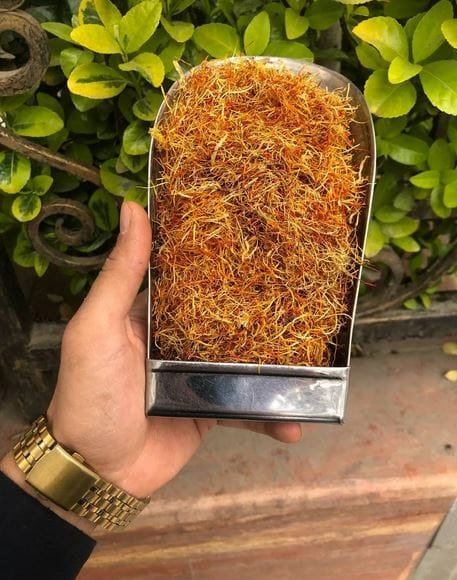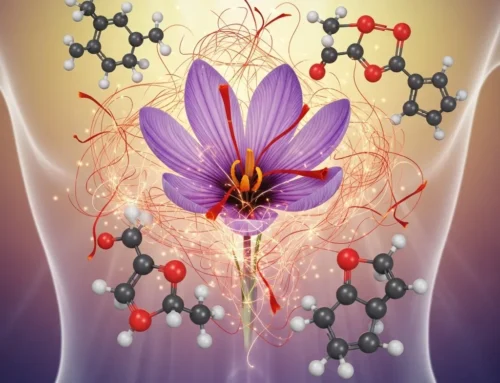 What is the Impact of Saffron on Cancer?
What is the Impact of Saffron on Cancer?
Saffron for Cancer Treatment :Cancer, a devastating disease that affects the lives of millions around the world, remains a major global health challenge. In this article, we explore the impact of saffron on cancer. We’ll look into the potential anti-cancer properties of saffron, research studies related to its effects, and discuss how to incorporate saffron into a cancer-fighting diet.
The Cancer-Fighting Properties of Saffron
Saffron, known for its unique flavor and vibrant color, has numerous health benefits. But does this precious spice have an impact on cancer? Let’s examine the anti-cancer properties of saffron and how it may play a role in cancer prevention and treatment.
Anti-Cancer Properties of Saffron
Saffron for Cancer Treatment:Emerging evidence suggests that saffron possesses significant anti-cancer properties. Its active compounds have been shown to inhibit the growth of cancer cells and induce apoptosis, the programmed death of cells, in various types of cancer. Additionally, saffron has anti-inflammatory effects, which can help combat chronic inflammation—a key factor in cancer development.
Mechanisms of Action in Cancer Treatment
The anti-cancer effects of saffron are attributed to its ability to modulate several signaling pathways involved in cancer progression. These effects can interfere with the cell cycle, inhibit angiogenesis (the formation of new blood vessels that tumors rely on for growth), and suppress the metastatic potential of cancer cells. These multifaceted mechanisms make saffron a promising candidate for cancer prevention and treatment.
Fighting Cancer Cells with Saffron
Another way saffron impacts cancer is by fighting cancer cells directly. Saffron helps eliminate free radicals in the body due to its antioxidant properties, which is essential in the battle against cancer.
How Saffron Inhibits Cancer Cell Proliferation
Saffron for Cancer Treatment:Research shows that saffron and its active compounds have inhibitory effects on cancer cell proliferation and tumor growth. They have demonstrated promising results in suppressing migration, invasion, and angiogenesis of cancer cells. However, it is important to note that saffron should not be considered a standalone treatment for cancer. Further research is needed to clarify the optimal dose, treatment duration, and synergistic effects with conventional therapies. Consulting healthcare professionals for personalized cancer management is crucial.
Saffron and Chemotherapy
Saffron’s anti-inflammatory properties also make it beneficial during chemotherapy, potentially making the treatment process more manageable and minimizing side effects as much as possible.
Studies on Saffron’s Impact on Various Cancers
Saffron for Cancer Treatment:Several research studies have examined the effects of saffron on various cancers, including breast, lung, prostate, and colorectal cancers. These studies focus on saffron’s influence on cancer cell survival, tumor growth, and metastasis. The findings provide valuable insights into saffron’s potential as a natural anti-cancer agent.
Incorporating Saffron into a Cancer-Fighting Diet
Saffron for Cancer Treatment:Saffron is widely used as a spice, adding a unique flavor and vibrant color to dishes. Including saffron in a cancer-fighting diet can be both delicious and beneficial. You can incorporate saffron into your meals by preparing various dishes, desserts, and drinks, thereby benefiting from its potential impact on cancer.
Conclusion
Saffron for Cancer Treatment:Saffron, nature’s golden treasure, offers hope in the fight against cancer. Its anti-cancer properties, combined with its culinary appeal, make it a valuable addition to a cancer-fighting diet. However, saffron should be considered as part of a broader approach, including medical treatments and a healthy lifestyle. Seeking professional guidance on how to use saffron in your cancer journey is essential.







Get Social